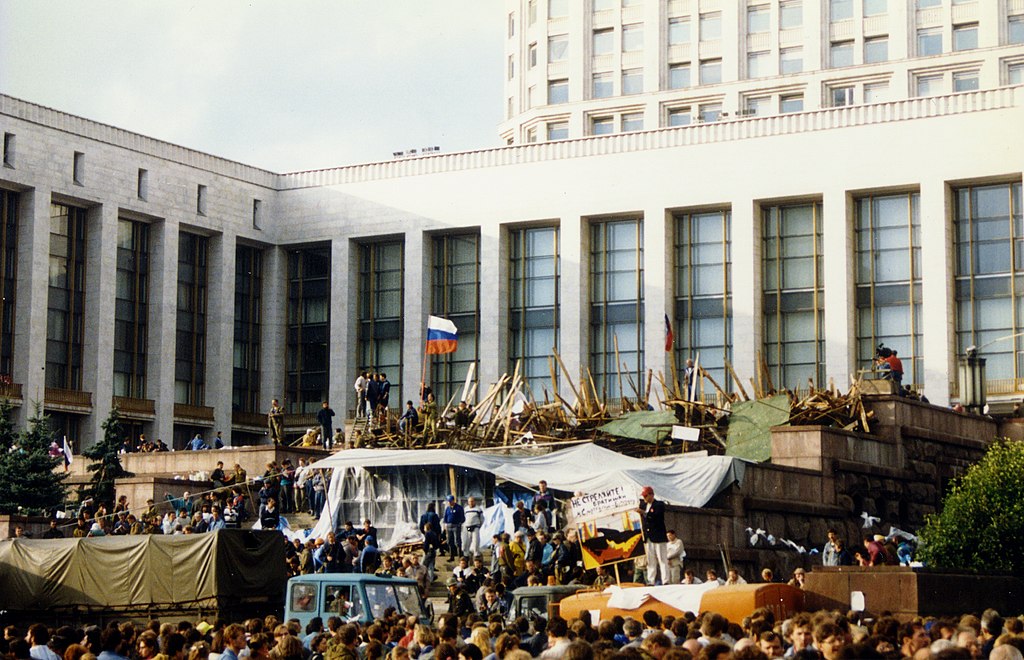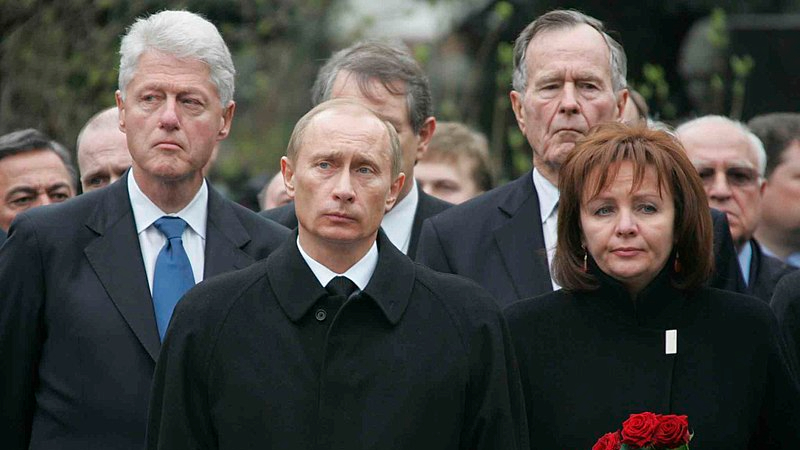
March 2022
Earlier this year, we sent our subscribers a list of some of the most recognized history books of 2021 and asked them to choose their favorites. The results of that survey may surprise you!
We initiated the survey because many of the history books we liked best last year weren't nominated for prizes. Often, the award nominations seemed political or just plain odd. So, we made an initial selection of 35 titles, and narrowed that down to the top 15 based on your responses.
We were pleased that over 250 readers of American Heritage cast their vote. Read the full ranking below.

Editor's Note: Lucian King Truscott IV is a former staff writer for The Village Voice, screenwriter, and author of several military-themed novels. He writes and publishes the Lucian Truscott Newsletter on Substack and also writes a column for Salon.com.



Editor’s Note: Catherine Belton is a London-based correspondent for Reuters who was Moscow correspondent for the Financial Times from 2007 to 2013. Her remarkable book, Putin’s People: How the KGB Took Back Russia and Then Took on the West, chronicles the rise to power of Putin’s KGB cohort and how they enriched themselves in the capitalism of contemporary Russia. It describes how the hurried transfer of power from Yeltsin to Putin enabled the rise of a “deep state” of KGB security men that had always lurked in the background during the Yeltsin years, but now emerged to monopolize power – and endanger the West. Putin’s People was named book of the year by The Economist, Financial Times, New Statesman and The Telegraph.

Editor’s Note: George Black is a writer in New York and the author of seven books including Empire of Shadows: The Epic Story of Yellowstone, from which he adapted this essay.
Nathaniel Pitt Langford left Helena a day ahead of the rest of the party. There were two important if unpleasant pieces of business to take care of before his unlikely group of explorers set off for the upper Yellowstone. He had chafed for five years to reveal the truth about this most inaccessible corner of the frontier, to settle once and for all the swirl of rumors about its hallucinatory wonders. Another day would not matter.

Editor’s Note: Harlow Giles Unger was the author of twenty-eight books, more than a dozen of them biographies of America’s founding fathers that include the highly acclaimed Thomas Paine and the Clarion Call for American Independence.
“We need to turn to history,” claims Vladimir Putin, “to have a better understanding of the present and look into the future.”
He offered this truism in a nearly 7,000-word treatise published last year on the history of Russia and Ukraine, whose territory he refers to as Malorussia or “Little Russia.”


February 24, 2022 is a day that will live in infamy. Russian troops and tanks rolled into neighboring Ukraine, and Russian missiles rained down on civilian targets in Kyiv, Kharkiv, and Mariupol. It will long be remembered, one hopes even more so, for the images of courageous Ukrainians taking up arms in defiance of the country’s invaders or finding refuge in the arms of welcoming neighbors.
